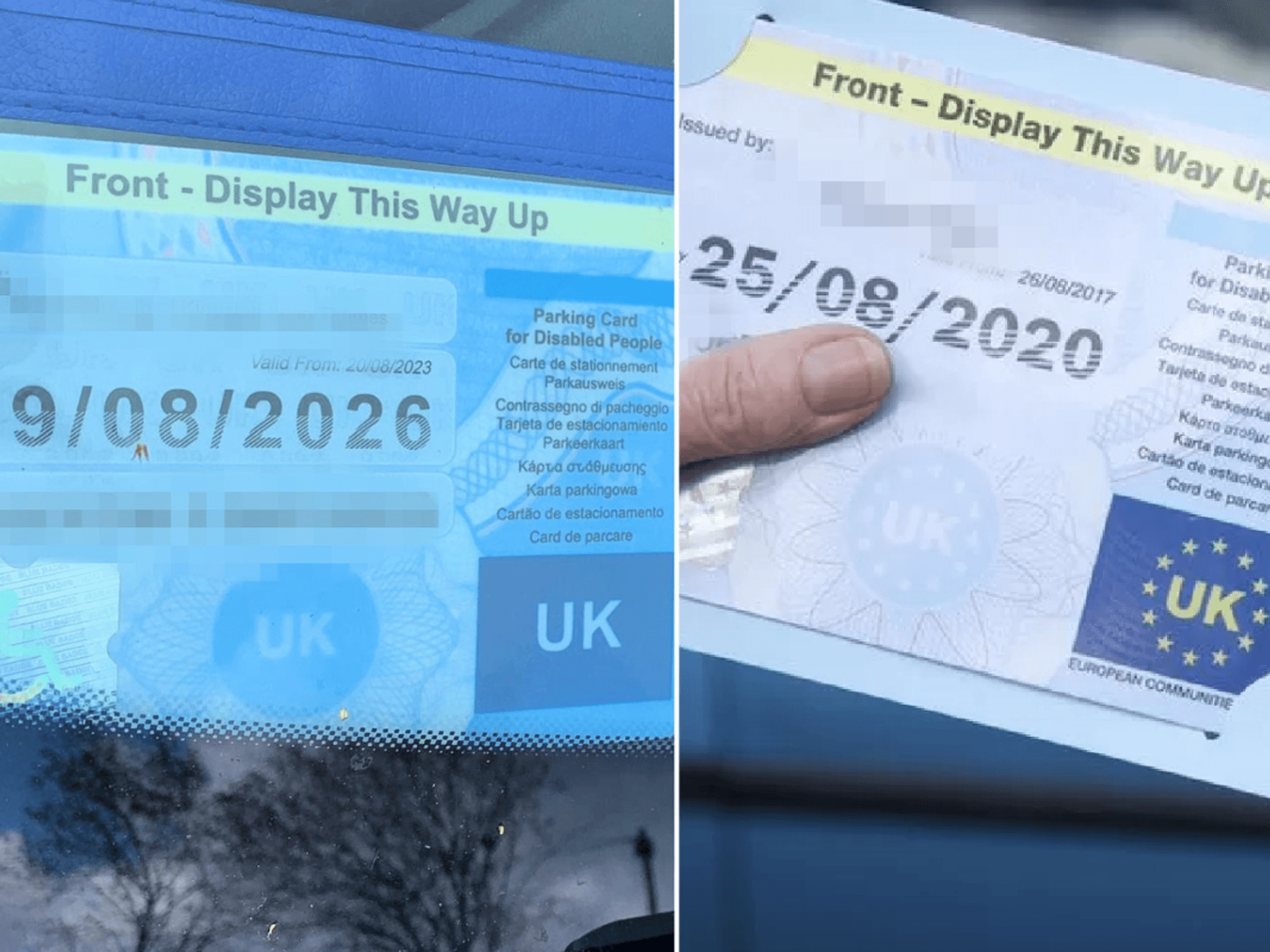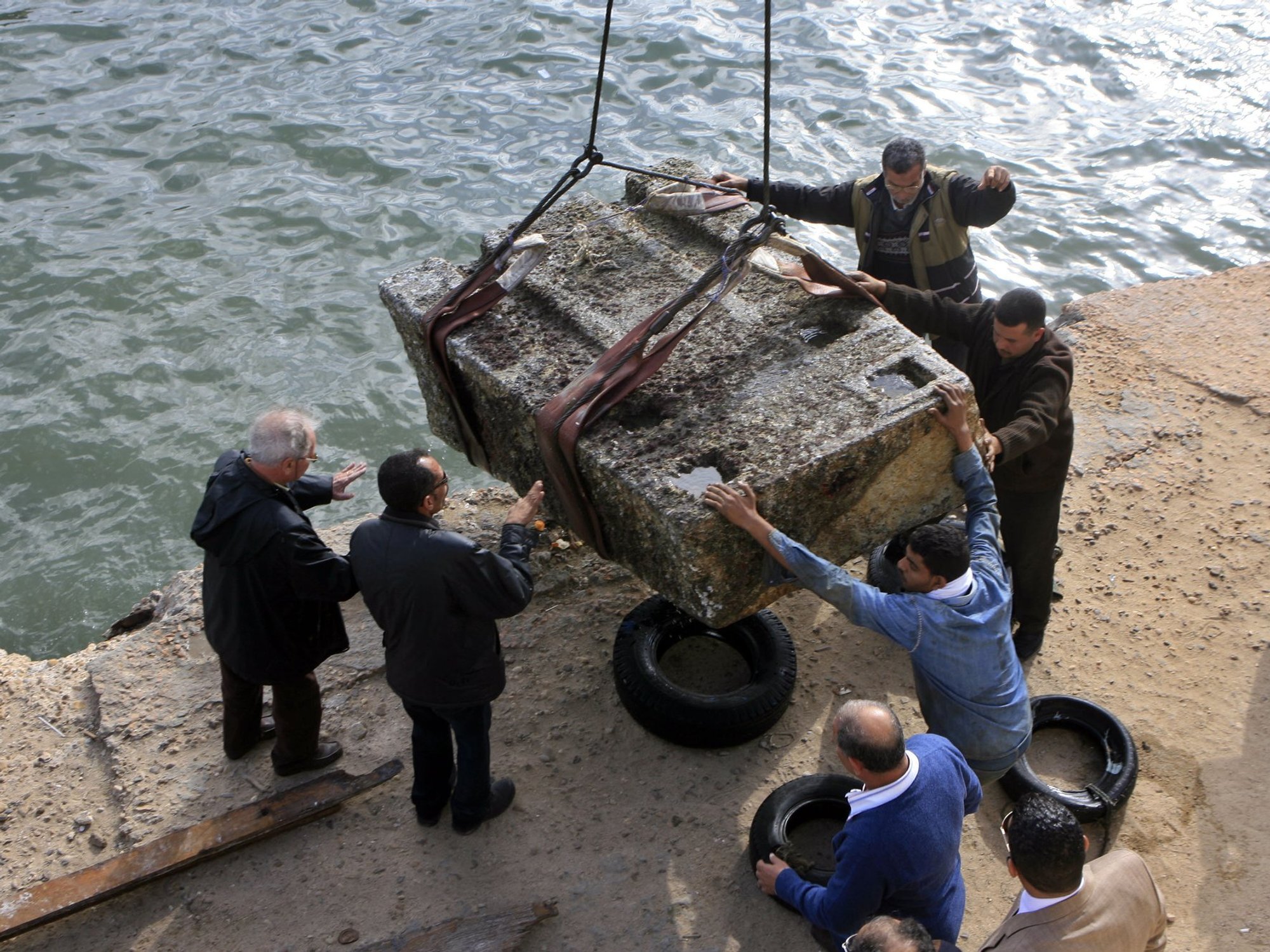Epping is everyone's problem. Emerging data about female safety is impossible to ignore - Rakib Ehsan

Father of Hadush Kebatu's teenage victim delivers powerful statement after Epping hotel ruling |
GB
MoJ data revealed 15 per cent of sexual offences were committed by foreign nationals between 2021 and 2023, writes independent researcher, writer and media commentator Rakib Ehsan
Don't Miss
Most Read
Trending on GB News
In yet another ruling that highlights the judicial system's tendency to prioritise the rights of foreign nationals over the security of British citizens, a High Court judge has ruled that asylum seekers can continue to live at The Bell Hotel in the Essex market town of Epping.
A series of protests has been held outside the three-star Bell Hotel following the arrest of Ethiopian small-boat migrant Hadush Kebatu, who was eventually convicted of sexually assaulting a fourteen-year-old schoolgirl and another woman who offered to help him create a CV.
Kebatu was then mistakenly released by HMP Chelmsford before being re-detained by police after a three-day manhunt - subsequently deported by the UK Government, which was left completely embarrassed by this momentous security failure. Kebatu’s sexual criminality did not only spark demonstrations in Epping, but across England.
Epping Forest District Council sought to block the housing of migrants at the Bell Hotel - owned by Somani Hotels – by arguing that the owner had breached planning rules.
However, in the High Court, Mr Justice Mould dismissed the claim, ruling that an injunction was “not an appropriate means of enforcing planning control” and rejected the idea that Somani Hotels was responsible for “flagrant or persistent abuse of planning control”.
While the judge said he accepted “the criminal behaviour of a small number of individual asylum seekers” housed at the hotel had “raised the fear of crime” among residents, Mr Justice Mould concluded that Epping Forest councillors had not called evidence to support an argument over the propensity of asylum seekers to commit crimes or participate in anti-social behaviour.
He ruled: “In my judgment, in order to begin to consider whether there is any force or substance in that contention, I should need to see an evidence-based and clear and statistically sound analysis of the relative incidence of criminal and anti-social behaviour amongst asylum seekers, as a defined cohort of persons, in comparison to a properly defined cohort of the settled population.
"There is no such evidence before the court.
"Persons who are members of the settled population also commit crimes and behave antisocially from time to time.”
 Epping is everyone's problem. Emerging data about female safety is impossible to ignore - Rakib Ehsan
Epping is everyone's problem. Emerging data about female safety is impossible to ignore - Rakib EhsanWhile there may be no official UK government statistics on the relative incidence of criminal and anti-social behaviour amongst small-boat migrants (as a defined cohort) in comparison to the settled domestic population as another defined cohort, there is a growing body of research which suggests that there is a heightened rate of sexual criminality for the former.
Data from the Ministry of Justice, obtained through Freedom of Information requests (FOIs), revealed that 15 per cent of sexual offences - including rape - were accounted for by foreign nationals between 2021 and 2023.
Those labelled “unknown” are likely to largely include non-British nationals, which would bring the total number likely to have been committed by foreigners up to 23 per cent.
This is notably higher than the foreign-national proportion of the wider population (around one in ten people in the last Census).
The data showed that two nationalities – Afghans and Eritreans – were more than 20 times more likely to account for sexual-offence convictions than British citizens.
According to recently published Home Office data, for January to June 2025, Eritreans and Afghans were the two leading nationalities among small-boat arrivals – accounting for three in ten migrants who had entered the UK through illegal Channel crossings during this period.
Sudanese, Somali, and Iranian small-boat migrants complete the list of top five nationalities – hailing from Muslim-majority societies with deeply patriarchal social structures, with hugely different understandings of female rights when compared to the UK.
It is not right for anyone to declare that there is no convincing evidence that the ongoing small-boats emergency poses a particular threat to female public safety.
All too often, the judicial system rules in favour of the interests of foreign nationals – including illegal migrants that most of the British public want removed from the UK – over the security and protection of domestic citizens.
Those in positions of authority should take note of the emerging data on what is unfolding across these islands and act accordingly.
Our Standards: The GB News Editorial Charter
More From GB News










